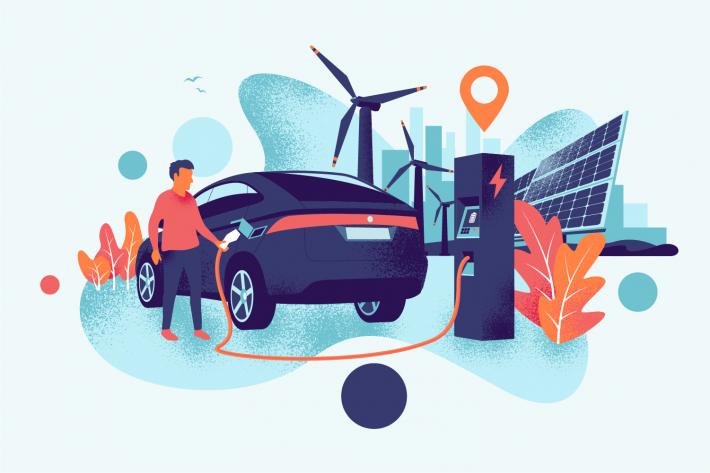THAILAND will cement its position as Southeast Asia’s (SEA) largest electric vehicle (EV) market due to favourable environment-centric policies while Malaysia and Indonesia will battle for the position of second-largest market as the outlook for government intervention to improve the feasibility of EVs through attractive incentives remains favourable.
While Vietnam will lag behind Thailand, Indonesia and Malaysia in developing a local EV market, Fitch Solutions Country Risk & Industry Research expects the former to experience rapid EV sales growth over a longer time horizon as EVs become more affordable.
“We expect EV adoption in the whole SEA region to remain well below levels in other more developed EV markets (especially in developed markets) as still high vehicle sticker prices for EVs and a lack of public EV charging infrastructure to remain impediments to growth,” opined the research house which is independent of Fitch Ratings.
“The rise in battery prices leading to higher EV prices due to a strong rally in critical metals used in batteries will limit adoption in markets where government support is limited.”
According to Fitch Solutions, Thailand will emerge as the largest EV market in the SEA region as the country is already home to an expanding EV market that is far larger than its peers.
Thailand will thus further cement its position as the leading country in the region following the introduction of more incentives focused on the consumer side to spur demand.
“In its latest fiscal 2022 budget, Thailand’s cabinet approved the financing of incentives to accelerate EV demand with a budget to the tune of 3 bil baht (US$91mil) over the 2022 fiscal year,” justified Fitch Solutions.
“We therefore expect the Thai EV market to expand rapidly as a result of the introduction of incentives that will go a long way to ensure EVs are better priced when compared to ICE vehicles.”
Even as Malaysia has unveiled measures to promote and stimulate EV adoption through incentives under its Budget 2022 are positive, Fitch Solutions reckoned that Malaysia’s EV market remains smaller than Thailand’s, hence will have to catch up over the coming years while the latter market accelerates adoption.
“According to the Malaysian Automotive Association (MAA), only 274 EVs were sold in 2021,” noted the research house.
As per Budget 2022, a road tax exemption for EVs has now been implemented along with a subsidy of RM2,500 for EV charging infrastructure purchases by consumers. Furthermore, a 100% reduction in import duties on completely-built-up (CBU) EVs lasting up to Dec 31, 2023 has been introduced.
Completely-knocked-down (CKD) EVs will be eligible for the suspension of duties until Dec 31, 2025 along with sales tax and excise duty exemptions which will further improve the affordability for consumers due to the inherently high taxes on importing vehicles in the country. – March 4, 2022









